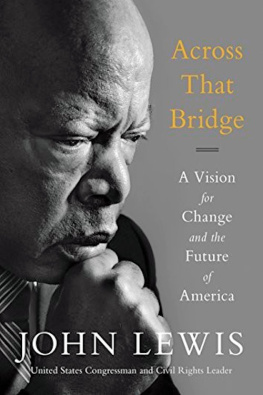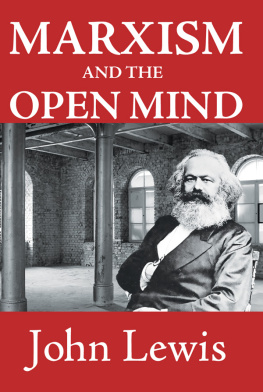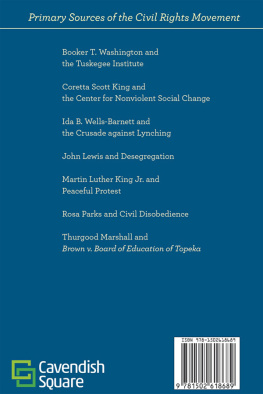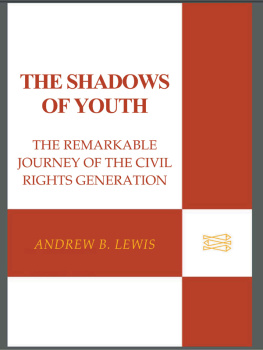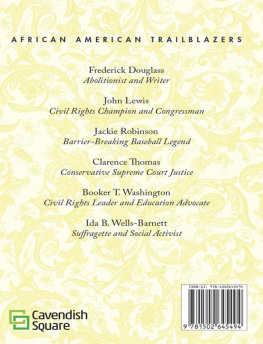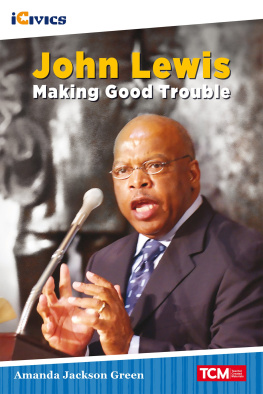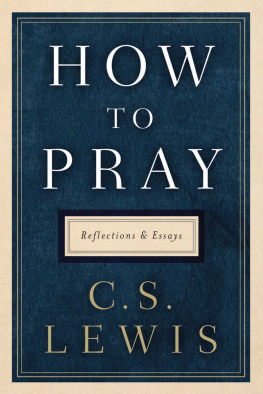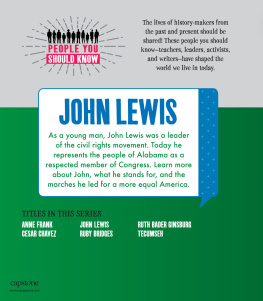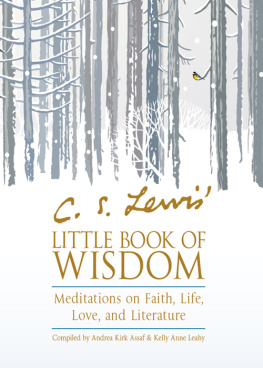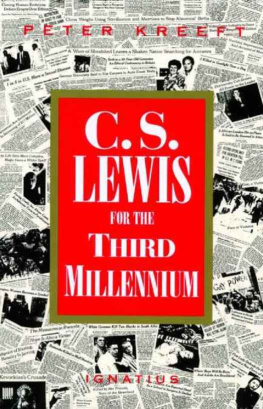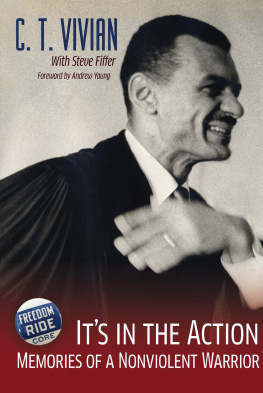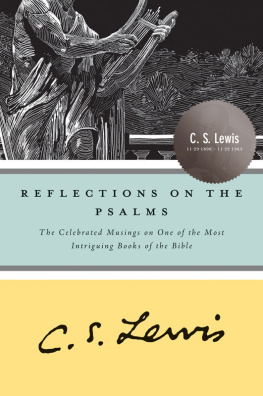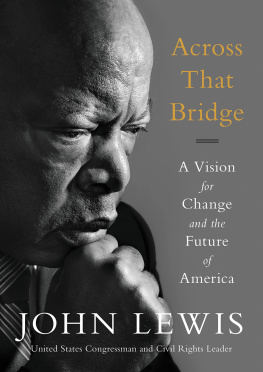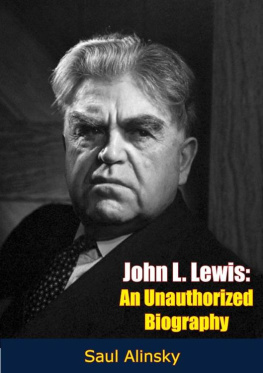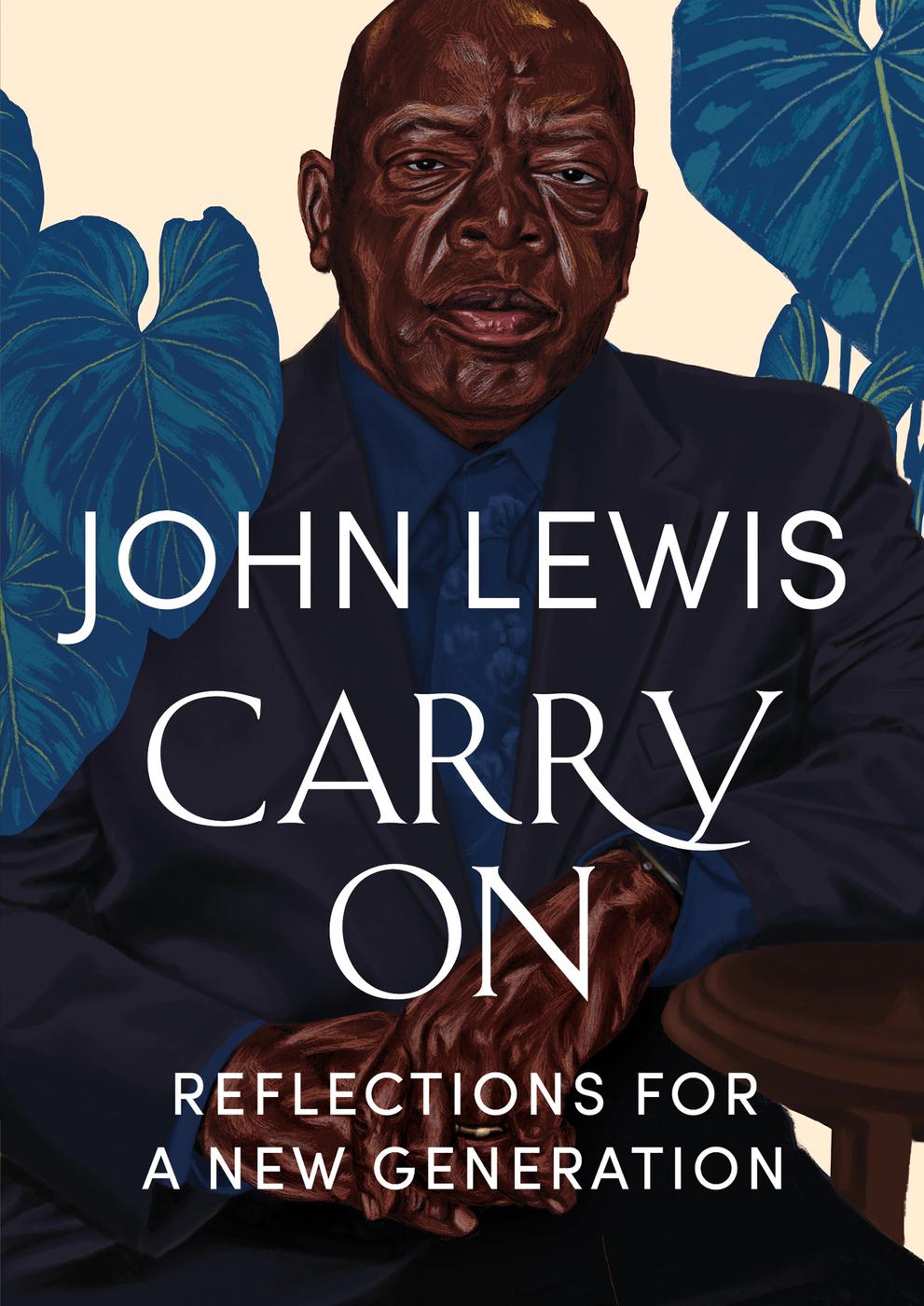
Copyright 2021 by John Robert Lewis and Kabir Sehgal
Foreword copyright 2021 by Andrew Young
Cover design by Albert Tang. Front cover painting Brandon Breaux. Back cover photograph Michael Avedon. Cover copyright 2021 by Hachette Book Group, Inc.
Hachette Book Group supports the right to free expression and the value of copyright. The purpose of copyright is to encourage writers and artists to produce the creative works that enrich our culture.
The scanning, uploading, and distribution of this book without permission is a theft of the authors intellectual property. If you would like permission to use material from the book (other than for review purposes), please contact permissions@hbgusa.com. Thank you for your support of the authors rights.
Grand Central Publishing
Hachette Book Group
1290 Avenue of the Americas, New York, NY 10104
grandcentralpublishing.com
twitter.com/grandcentralpub
First Edition: July 2021
Grand Central Publishing is a division of Hachette Book Group, Inc. The Grand Central Publishing name and logo is a trademark of Hachette Book Group, Inc.
Interior illustrations by Sarah Congdon
Print book interior design by Thomas Louie
The publisher is not responsible for websites (or their content) that are not owned by the publisher.
The Hachette Speakers Bureau provides a wide range of authors for speaking events. To find out more, go to www.hachettespeakersbureau.com or call (866) 376-6591.
Library of Congress Cataloging-in-Publication Data has been applied for.
ISBNs: 978-1-5387-0712-8 (hardcover), 978-1-5387-0714-2 (ebook)
E3-20210512-DA-NF-ORI
Explore book giveaways, sneak peeks, deals, and more.
Tap here to learn more.

by Ambassador Andrew Young
One of the reasons I came back to the South from New York, where I was working for the National Council of Churches, was the Nashville sit-in, in 1960. And there was John Lewis, leading it. He was persuasive and powerful even back then. There was a certain power in his humility that you were not prepared for. He just had such a sweet spirit. It was magnetic.
I remember in 1960 being on the Fisk University campus, and there was this one group of about ten students led by John Lewis, and they were preparing to leave the campus. I asked a fellow student, Where are they going? And he responded, Thats John Lewis, and hes going to test one of the last restaurants that we have not been able to desegregate.
It was like he ignored everything about college life and focused on desegregation. And then he got elected president of the SNCC (Student Nonviolent Coordinating Committee), in 1963. There were all of these other firebrand types who were competing for leadership, and nobody could agree on any of them. But they could all agree on John Lewis.
I watched him grow through the years since then, and he never changed.
I knew John for sixty years, and we were always close, but we didnt always agree on everything. He was very stubborn and determined. For example, when I was the mayor of Atlanta and John was on the city council, I was trying to build about four hundred new roads, including the Presidential Parkway and Freedom Parkway. They seemed like necessities for a growing metropolis. And I was catching hell all over the city trying to put together the votes in favor of these roads, and I could never get Johns vote because he had made a promise to his constituents that he would not vote for more roads. He always kept his word. He was unwavering in his determination once he set his course. Now, I thought he was wrong on that, and I still do. So, to get even, we named the Freedom Parkway for him. And were trying to name one of the buildings at Georgia State for him, because if theres one thing thats missing in American education, its that theres no concept of humility. John Lewis embodied humility.
In fact, HUMILITY should be the title of this book.
You should know about Johns simple determination and single-mindedness. Theres a book we read in seminary by Kierkegaard. The title of it is Purity of Heart Is to Will One Thing. And thats the way John dealt with any issue: He focused on whatever was absolutely spiritually essential. And he didnt care what was popular, and he didnt care what was political. He didnt even care what the majority might have thought right, because the majority of Black students and leaders in Nashville did not agree with the sit-ins when they started. That didnt deter John.
And in the 1965 march from Selma to Montgomery, the SNCC voted not to participate. They were playing movement politics and ego politics. That didnt deter John.
He said, Well, Im not marching as the chairman of SNCC. Im marching as John Lewis. Im a citizen of Alabama, and Im going to make that march. He ended up leading it with Hosea Williams, another prominent civil rights activist.
When John was not yet eighteen, he sent a letter to Dr. Martin Luther King Jr., who answered him and sent him money for a bus ticket to come to Montgomery to visit his church. And Martin took him home to dinner after the church service. Thats how impressive a kid he was. And thats how Martin and John met. Two giants of the civil rights movement.
I never knew John to show anger or frustration. He had the kind of purity of heart that Kierkegaard described. And he had it since he was that teenager.
Throughout his life, he remained the same innocent, dedicated, visionary child who went to see Martin Luther King Jr. He was the same way in Congress. He could go to anybodys congressional district and draw a crowd. Everybody wanted to meet him because everyone wants to meet one good man.
And John Lewis was one good man.
The basis of his power in Congress was that he was able to get anybody reelected. He would take his weekend and go campaign with Democrats, and probably would for Republicans, too, if they were people he believed in.
He was one of the people in Congress whom everybody agreed with, because he was as close to a saint as theyd ever seen in Washington. He was more like the Dalai Lama or Gandhi than a politician.
And when he wasnt helping people, he was reading the Bible, because hed always wanted to be a preacher. And in many ways he was a preacher. It was spiritual with John. It was a magnetic spirituality that drew people to him. You would rarely hear him laugh out loud. His laugh was very guarded, but he always had a twinkle in his eye, and he always seemed to be very happy. He wasnt in any way argumentative or aggressive. It was almost like he thrived on lacking an aggressive personality.
And yet, he wasnt at all righteous. He didnt expect you to be like him. He just had a sense of duty, responsibility, and discipline.
In my generationthe generation of John and Martin Luther King Jr.we were taught that to lead a movement, there was no compromising on any principle. That it is important to forgive because you cant receive forgiveness yourself if you cant forgive others. But we had to work pretty hard to forgive the people who murdered Martin Luther King Jr.
We never lost hope. John never did. One of the musts in the movement was that whenever someone is killed, you have to continue his work. Otherwise youre sending a message that killing will stop the movement. Whenever somebodys killed, youve got to replace him with eight or ten or twenty others, or a hundred of us. So we were duty bound to have another march in Memphis, and to go on to Washington with the Poor Peoples Campaign in 1968, even knowing that it would not succeed. We were going there knowing we would get tear-gassed out of there and worse. John knew. Youve seen those images of John. Like you see the images today. John would say to you: Dont give up. Dont lose hope. Be patient and persevere. Change will come. Just read the following pages of wisdom by Johnin his own words. These pages embody the John I knew from the beginning. He remained true to himself. Pure. Simple. Real. Humble.


